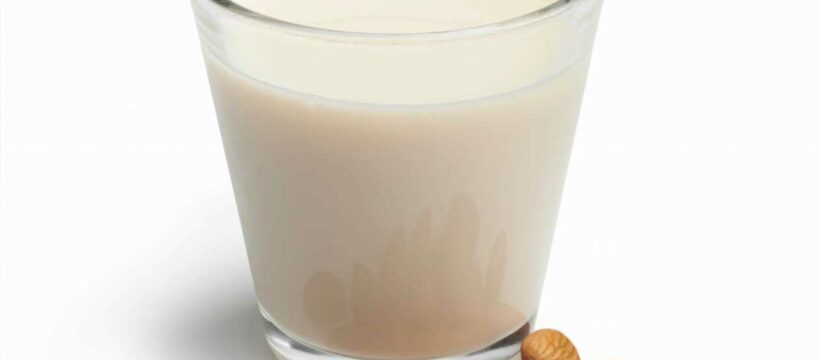AN EXPERT has warned that some “healthy” drinks could in fact be dangerous, particularly to women and teenage girls.
Food and nutrition expert Professor Ian Givens warned against trendy milk alternatives like oat, almond and soy milk.
The dairy substitutes are staples of a plant-based (vegan) diet and are generally lower in calories than the standard green or blue-top.
But they are almost void of the benefits of cow's milk.
Prof Given’s concern is that young women are compromising their intake of essential nutrients by cutting out dairy.
The increasingly growing trend of limiting red meat from the diet, he said, has worsened levels of deficiencies.
Prof Givens, director of the Institute for Food, Nutrition and Health at Reading University, said women were particularly at risk because they are “more sensitive to the messages” that go against meat and dairy.
He said: “The worry is, there have been a number of very specific cases where young children have been switched to these products and have developed a kind of protein deficiency which you wouldn’t expect in Western societies.”
Most read in Diet & Fitness
FAT LOT OF GOODThe five fat loss foundations to follow if you really want to lose weight
Keto diet ranked worst by experts – what is it and what is 'keto flu'?
The ten diet rules you should IGNORE if you want to lose weight
The 5 health risks every 40-year-old MUST know as Kate celebrates milestone
Already, half of females aged between 11 and 18 are not getting the recommended level of iron compared to 11 per cent of males the same age, data shows.
“That has happened over the last 20 to 30 years, actually, and that is a worry” Prof Givens told a media conference, according to MailOnline.
Some 27 per cent of women aged between 19 to 64 are not hitting iron targets compared to just two per cent of men.
Iron can be found in plant-based foods such as beans, nuts and dried fruit, but is richest in meat.
Iron is a key factor in helping the blood transport oxygen around the body and when the body can’t do this properly it can lead to fatigue and a loss of concentration – symptoms of anaemia.
A quarter of teenage girls consume too little iodine, calcium and zinc, the government-funded National Diet and Nutrition Survey shows.
“That is largely a function of reduced milk consumption,” Prof Givens said.
He warned that dairy milk was one the richest sources of iodine, which is also found in sea fish and shellfish.
All three foods are banned in a strict vegan diet.
But iodine deficiency is a particular worry in young women approaching child-bearing age because it is essential for foetal health, Prof Givens said, according to The Times.
The expert said calcium – as well as magnesium, which is also lacking in female’s diets – were important for bone development.
Young women who suffered deficiencies in their adolescence could face even greater problems after the menopause, when bone health can deteriorate due to hormones.
Prof Givens said: “Teenage years are absolutely critical for bone development.
“If you don’t get it right it has major significance in terms of bone health in the elderly, increasing the risk of breakages which can reduce the quality of life.”
Moving with the trends
The NHS says that “with good planning and an understanding of what makes up a healthy, balanced vegan diet, you can get all the nutrients your body needs”.
But without care, “you could miss out on essential nutrients, such as calcium, iron and vitamin B12”.
Some types of plant-based milk are fortified with iodine, the NHS says.
And Prof Givens said manufacturers “are beginning to try to fortify these products to make them much nearer to milk than perhaps they were originally”.
But he added there was “quite a way to go”.
A third (32 per cent) of people in the UK now drink milk made from either soy, oats, almond or rice – up from 25 per cent in 2020, according to research carried out by Mintel.
The survey found that in those aged between 25 to 44, almost 44 per cent are plant-based milk consumers.
People said they chose to switch to dairy-free produce due to concerns about the environment and health.
Other surveys have found younger Brits are almost twice as likely to have "gone green" than those over 60.
A third of Brits said they wanted to switch to a plant-based diet in 2022, and of them, 53 per cent think it’s a healthier way of eating.
Source: Read Full Article





